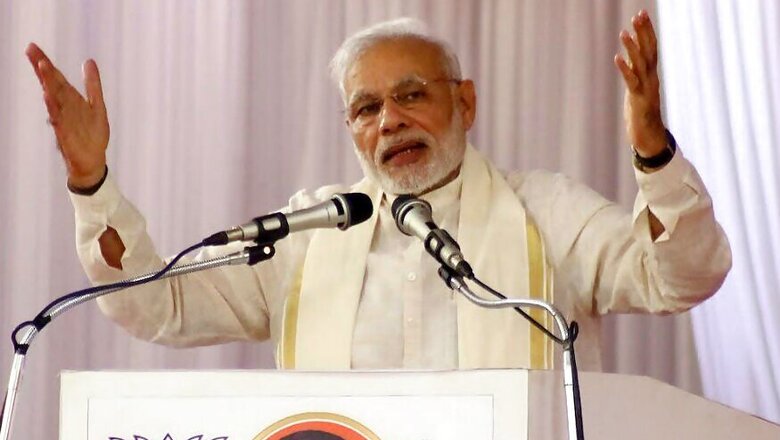
views
New Delhi: The Rashtriya Swayamsevak Sangh or the RSS gives great importance to six festivals in the Hindu calendar — Makar Sankranti, the Hindu New Year, Shivaji’s coronation, Guru Poornima, Raksha Bandhan and Vijayadashmi.
For reasons both symbolic and otherwise, the last one has more than just allegorical significance in the chronicles of the Sangh.
That the RSS was founded in Nagpur in 1925 on Vijayadashmi — the 10th day of Navratra commemorating the victory of Ram over Ravan, of good over evil, of god over demons — is part of what social scientists tend to call aesthetics of mobilisation. The most powerful statement in this well-laid-out regimen is the Shastra Puja or weapon-worship on Vijayadashmi Utsav.
This Tuesday, however, not one but two Vijayadashmi events in the country will be watched very closely for not just their symbolic significance in the backdrop of recent surgical, cross-LoC strikes by Indian forces.
One at Reshimbagh Ground in Nagpur where RSS chief Mohan Bhagwat would deliver his annual Vijayadashmi speech. And the other at Aishbagh Ramlila in Lucknow where Prime Minister Narendra Modi will be the chief guest.
As Mohan Bhagwat takes stage, his annual message will be watched very closely for his views on a host of issues — cultural, economic and political.
The prologue was perhaps on display this Sunday when Bhagwat at a function said: “Those who used to ask us to keep quiet have started standing with us. It’s because, we have shown our power.”
The rest would follow Tuesday morning in Nagpur, with cameras rolling and national broadcaster carrying Bhagwat’s message live.
As for the BJP, being the party in power, it is treading with caution. Opposition in Uttar Pradesh — from Rahul Gandhi to Mayawati and Samajwadi Party — in a pre-emptive strike, have accused the party in power of politicising the surgical strikes for gains in the poll-bound state. Thus far BJP has been careful in hedging its rhetoric. Facilitation functions like the one for Defence Minister Manohar Parrikar have been held at neutral venues and not under party banner. That probably also explains the choice of traditional Aishbagh Ramlila which was patronised by the Nawab of Outh and remains till day a powerful symbol of Lucknow’s composite cultural heritage.
“Our task has been made much easier by the opposition parties. We have not had to utter a word and they have already made it an issue,” says a state BJP leader.
On Tuesday, the Prime Minister will be at the Aishbagh Ramlila ground for an hour. During the brief visit, he is likely to make a short speech. He has already called this Vijayadashmi a special one.
Don’t be surprised if the PM lets the symbolism associated with the occasion speak for itself. As a BJP leader says: “The PM’s visit is a statement enough.”












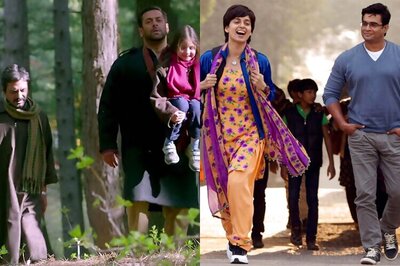
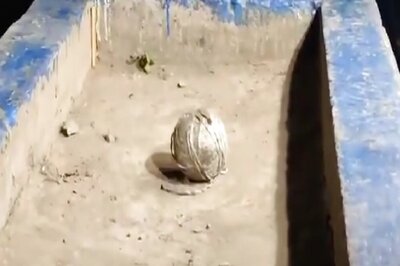
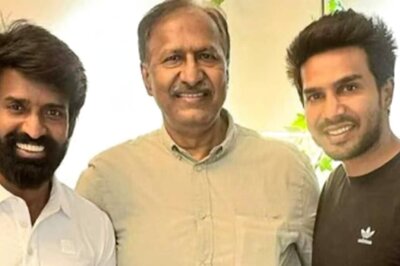

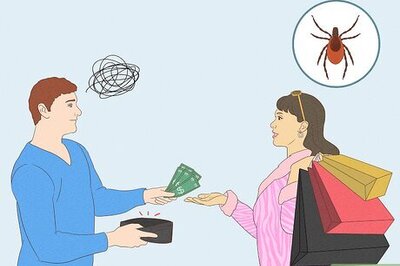



Comments
0 comment